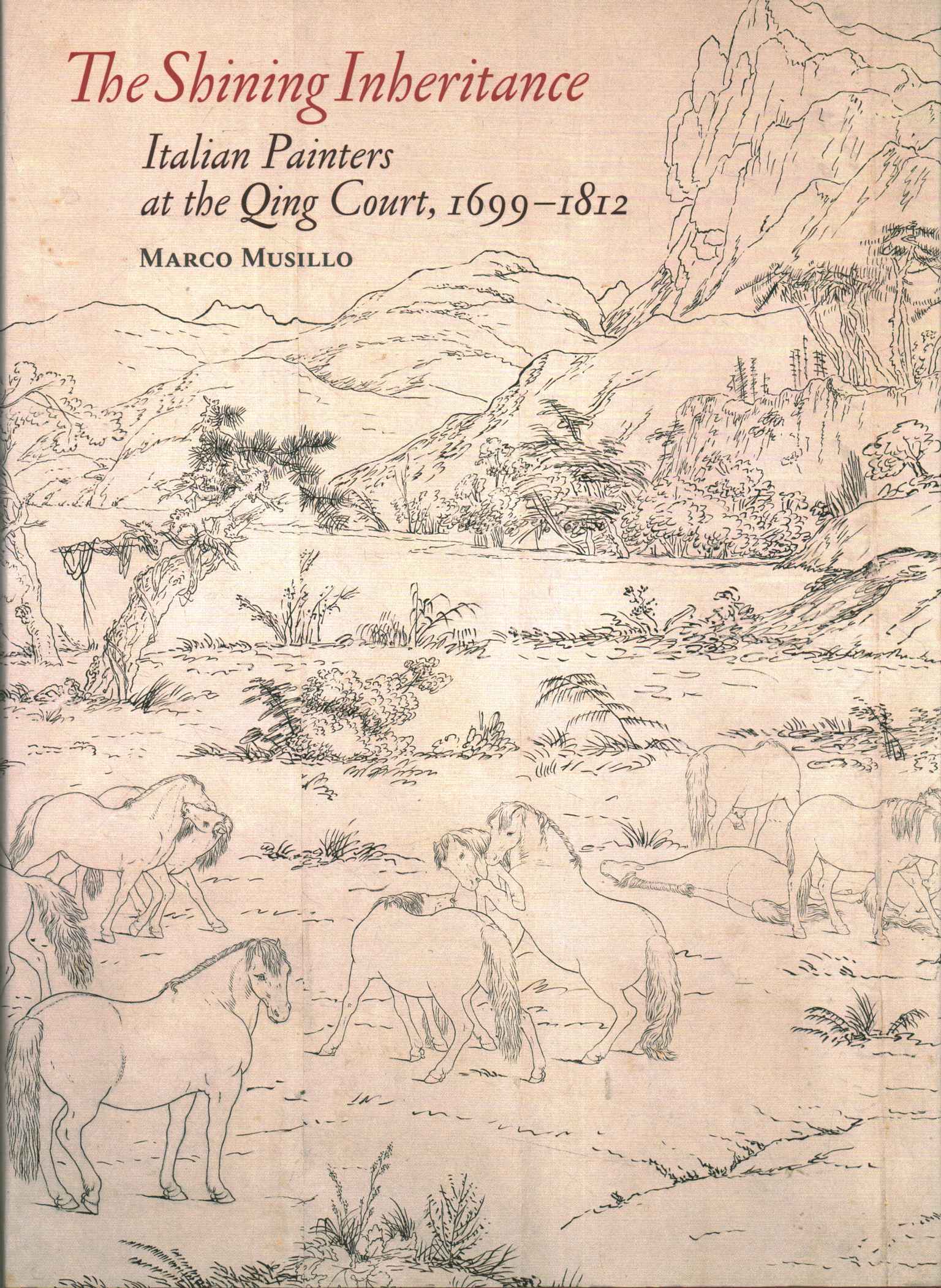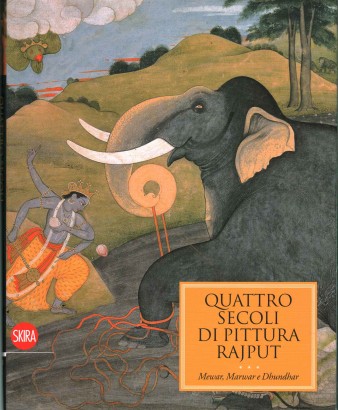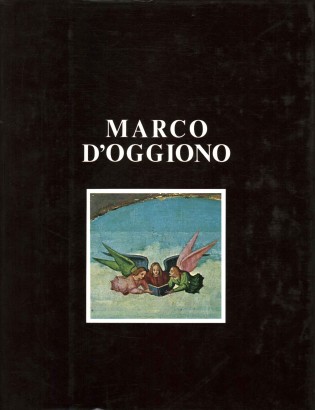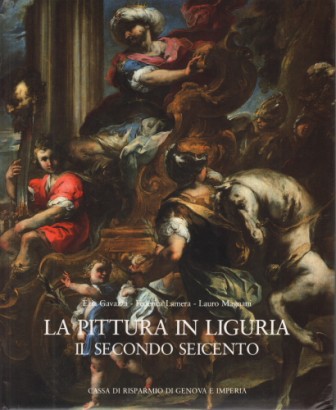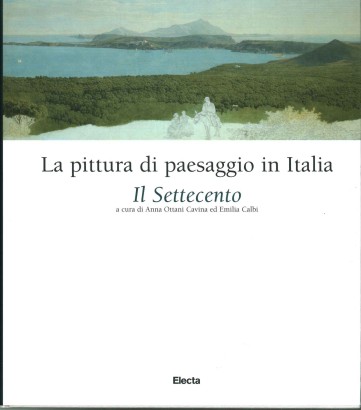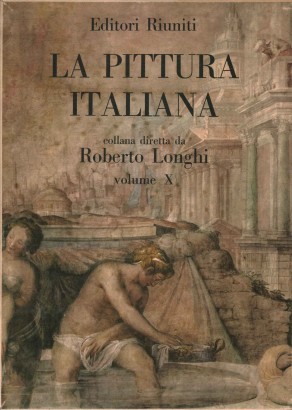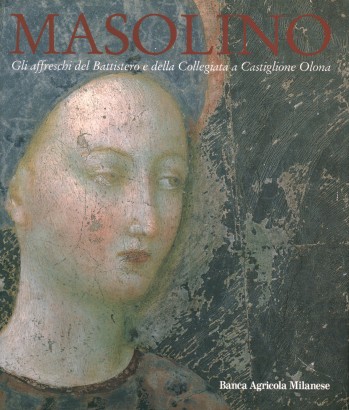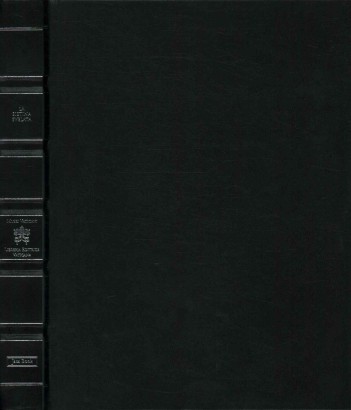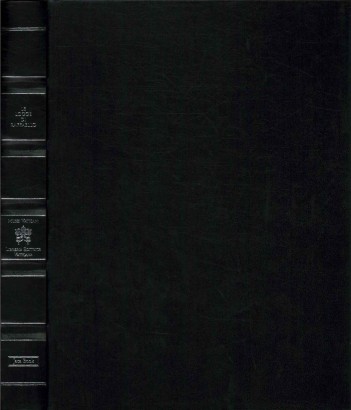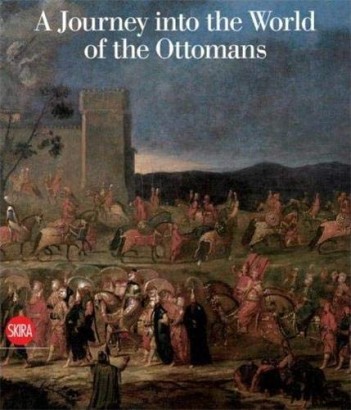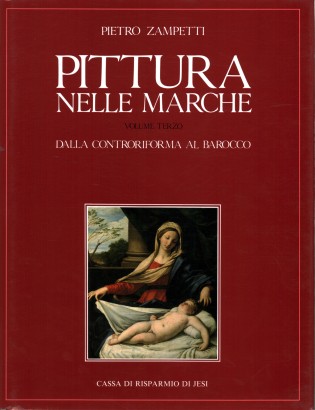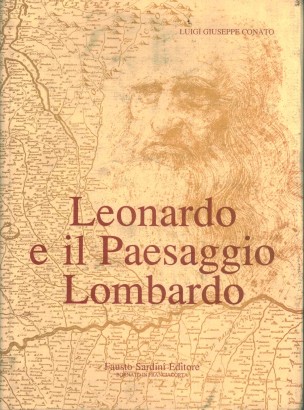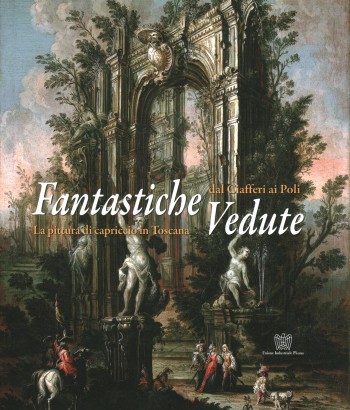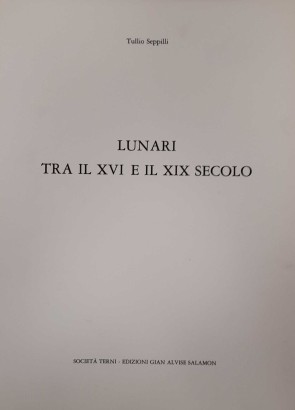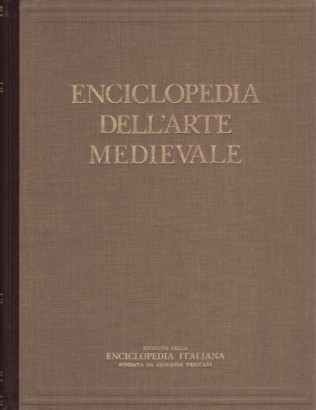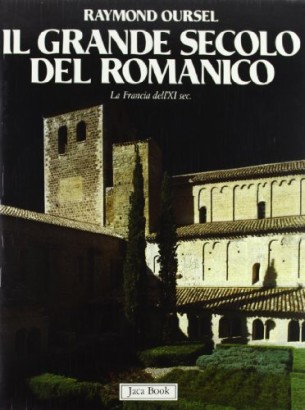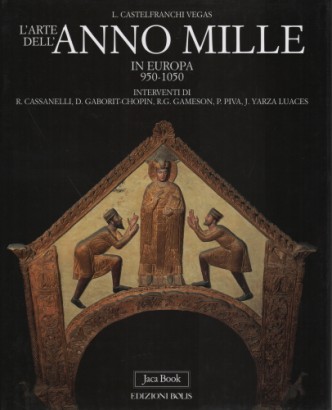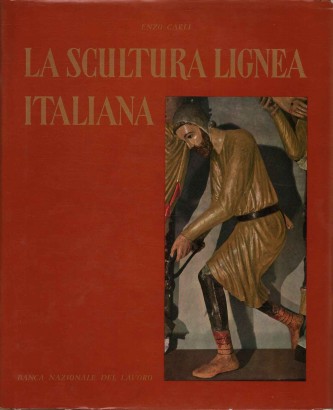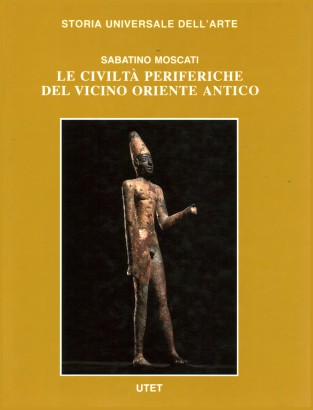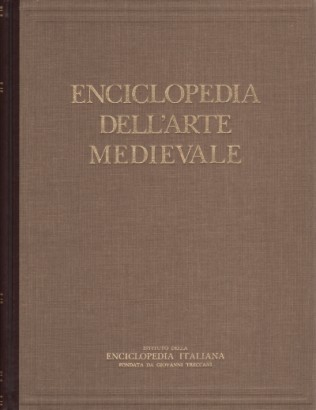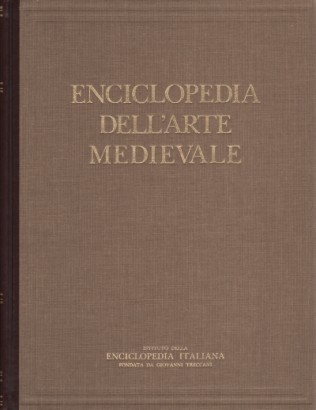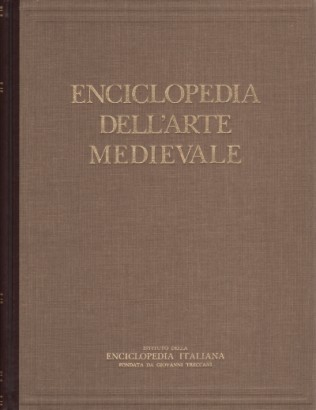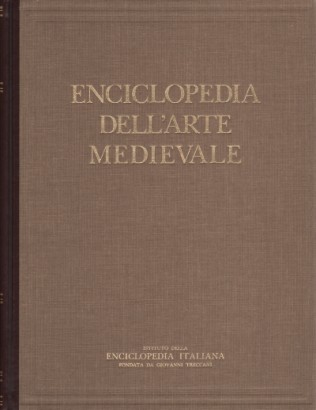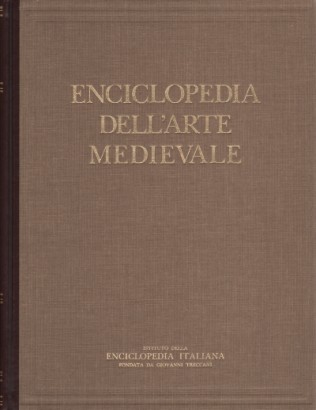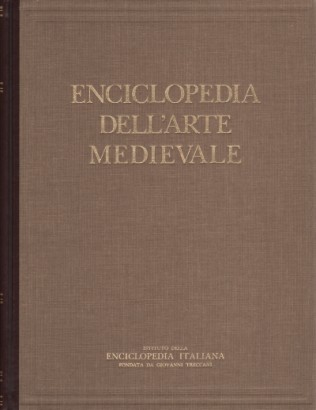The Shining Inheritance - Italian Painters an the Qing Court, 1699-1812
Caractéristiques
Italian Painters an the Qing Court, 1699-1812
Auteur: Marco Musillo
Éditeur: Getty Publications
Lieu d'impression: Los Angeles
Année de publication: [2016]
During Qing dynasty China, Italian artists were hired through Jesuit missionaries by the imperial workshops in Beijing. In The Shining Inheritance: Italian Painters at the Qing Court, 1699–1812, Marco Musillo considers the professional adaptations and pictorial modifications to Chinese traditions that allowed three of these Italian painters — Giovanni Gherardini (1655– ca. 1729), Giuseppe Castiglione (1688–1766), and Giuseppe Panzi (1734–1812) — to work within the Chinese cultural sphere from 1699, when Gherardini arrived in China, to 1812, the year of Panzi's death. Musillo focuses especially on the long career and influence of Castiglione (whose Chinese name was Lang Shining), who worked in Beijing for more than fifty years. Serving three Qing emperors, he was actively engaged in the pictorial discussions at court.
The Shining Inheritance perceptively explores how each painter's level of professional artistic training affected his understanding, selection, and translation of the Chinese pictorial traditions. Musillo further demonstrates how this East-West artistic exchange challenged the dogma of European universality through a professional dialogue that became part of established workshop routines. The cultural elements, procedures, and artistic languages of both China and Italy were strategically played against each other in negotiating the successes and failures of the Italian painters in Beijing. Musillo's subtle analysis offers a compelling methodological model for an increasingly global field of art history.
État du produit:
Exemplaire en bon état. Jaquette avec des traces de poussière et des signes minimes d'usure sur les coins et les bords. Léger jaunissement des pages. Texte en anglais. Texte en anglais, livre en bon état.
Code ISBN: 1606064746
EAN: 9781606064740
Pages: VII,184
Format: Couverture rigide avec jaquette
Dimensions (cm):
Hauteur: 28
Largeur: 19
Description
Texte en anglais. Texte en anglais. Avec 62 images couleur et n/b nt et ft
La disponibilité des produits
Disponibilité immédiate
Prêts à être livrés sous 2 jours ouvrables de la commande du produit.



